What is ABA?
“Within every child is a connection to one form or another and a potential waiting to be fulfilled.”
-Dr. Stephen Mark Shore
Definition:
ABA is an applied science devoted to developing procedures which will produce observable changes in behavior.
Applied Behavior Analysis (ABA) is regarded as the highest standard of care for individuals with autism. ABA is the design, implementation, and evaluation of environmental modifications to produce socially significant improvement in human behavior. Programs are continually measured for effectiveness through direct observation, measurement, and analysis of the relationship between an individual's behavior and their environment. Through antecedent (what happens before a behavior) and consequence (what happens after a behavior) strategies, changes in behavior can be attained that will lead to a lasting impact and build skills that lead to independence.
The primary goal of ABA is to build socially significant skills and behaviors through programs tailored to an individual with autism’s needs. Goals often targeted during ABA therapy may include:
Language and Communication
Social Relationships
Coping and Tolerance Skills
Emotional Development
Attending and Social Awareness
Adaptive and Self-Care Skills
Play and Leisure Skills
Safety Skills
Reduction of Behaviors that Interfere with Learning and Independence
Within the practice of ABA there are two treatment models:
Focused ABA Treatment: Appropriate for individuals who need treatment for only a limited number of key functional skills (i.e. communication, self regulation, social skills, etc.) or have an acute problem behavior requiring treatment. Focused ABA treatment typically consists of 10-20 therapy hours per week and could range in duration from six months to two years.
Comprehensive ABA Treatment: Appropriate for individuals requiring treatment in multiple developmental domains. A key objective of comprehensive ABA treatment is to improve skills in domain areas where deficits are observed. In addition, decreasing behaviors that impede learning and independence are the focus of a comprehensive treatment plan. These programs typically consist of 30-40 therapy hours per week and treatment could last for two years or longer.
ABA therapy settings can vary and treatment is delivered where the need to learn skills is most appropriate. Common locations for ABA treatment include:
Home
Community
Daycare
School
Clinic
Caregivers, parents, and family members are fundamental to the success of an effective ABA program. Each of these individuals plays a key role in ABA therapy and are encouraged to be a part of direct care as much as possible in order to observe and learn ABA techniques being utilized. Additionally, structured coaching sessions provide guidance on how to manage behavior and ensure all skills learned during direct care are integrated and utilized in natural settings.
ABA at Communication Lab
“Kids have to be exposed to different things in order to develop. A child’s not going to find out he likes to play a musical instrument if you never exposed him to it…” -Temple Grandin
At Communication Lab, we provide ABA services focused on helping parents and caregivers build a stronger connection with their child. We strive to be creative in our approach to helping individuals with autism gain the ability to self-regulate and communicate effectively. It is a top priority for our patients to freely express themselves and ultimately be independent. We guide the caregiver to build new behaviors that originate from a thoughtful blend of strong connections and improved communication skills. Through this process, caregivers and their children have a deeper connection and a stronger understanding of relating to one another. Our ABA therapy program is technology-based and includes direct care with the supervision of patients and behavioral therapists, a caregiver coaching program, and analysis-based assessments for each child.
Some amazing benefits of our ABA program include providing children with an outlet and an opportunity to be able to freely express themselves. During sessions, we help maximize a person’s interests and use that motivation to help them learn in natural settings. We have seen first hand that children are able to take this time to truly express their own creativity and find their passions. We encourage our team to help build intrinsic reinforcement and remove the need for external reinforcers that can be unhealthy or overstimulating. We also look to expose our patients to a variety of activities to help them discover new passions that can make life more fulfilling including playing music, exploring sensory activities, art, and sports.
Some effective tools of our unique ABA therapy & Caregiver Coaching program provide individuals and family members we work with the following:
A thorough communication skill acquisition program that focuses on increasing attending, improving working memory skills, listening, following directions, and expressing oneself using a method of communication most effective for children to build independence.
Taking into account the sensory needs of each individual and creating programs that build self-regulation skills.
Working to organize a day with families to ensure all skills are generalized and incorporate independent leisure activities that are engaging.
A focus on proactive sensory and movement strategies to reduce behaviors that are impeding learning.
Knowledge and understanding that every person we work with will have a unique way of learning and in order to effectively teach them new skills, it is our responsibility to build a connection so we can understand how to be most effective.
“At Communication Lab, our Applied Behavior Analysis (ABA) programs are designed with the child and caregiver connection at the core. Our top priority is to provide the tools needed for those with autism to gain their independence and have the best quality of life.”
-Phillip Peters, Director of ABA Services at Communication Lab.

